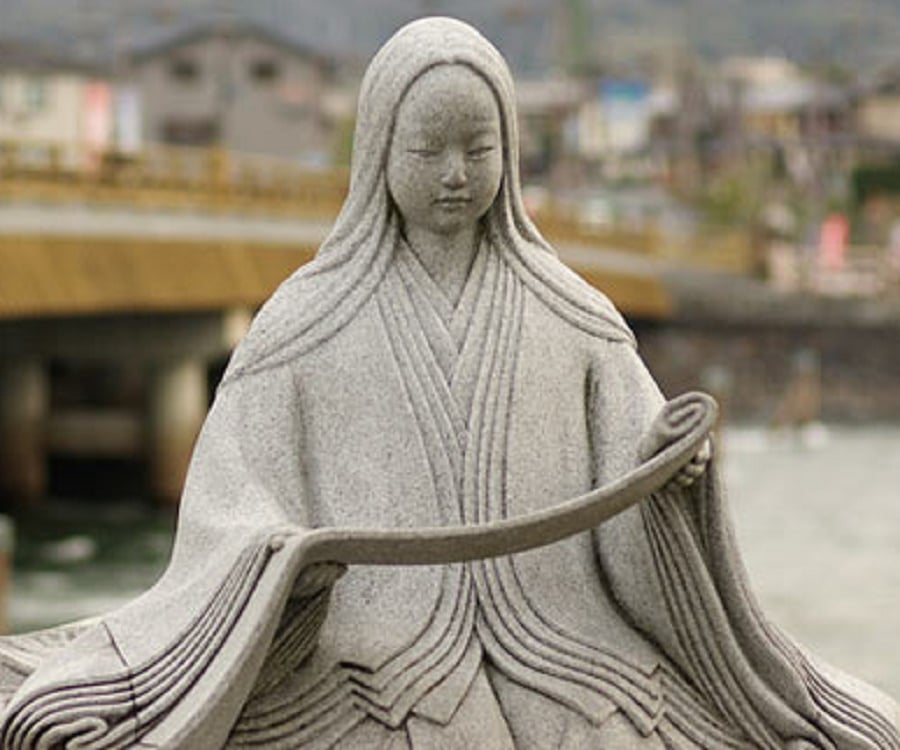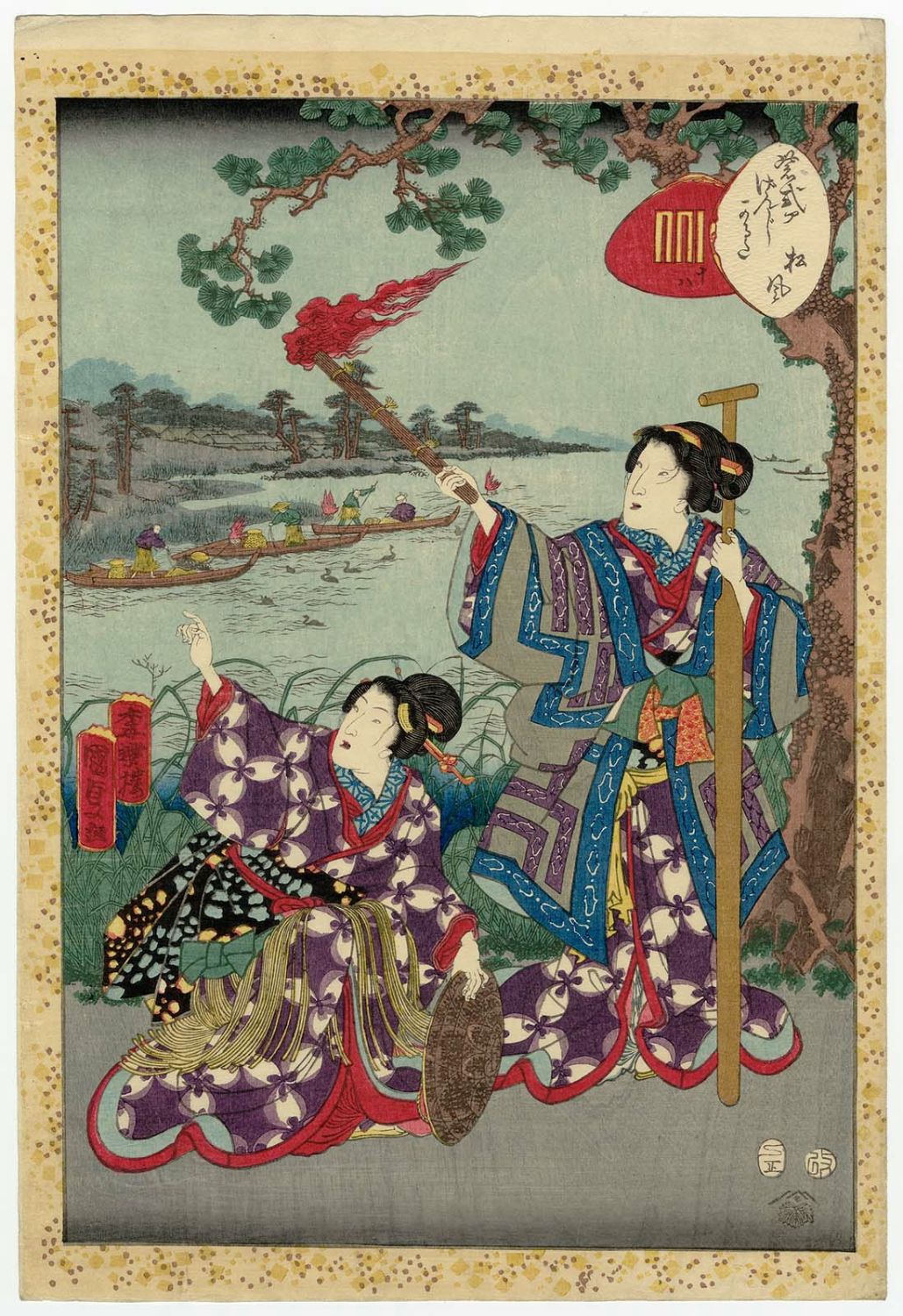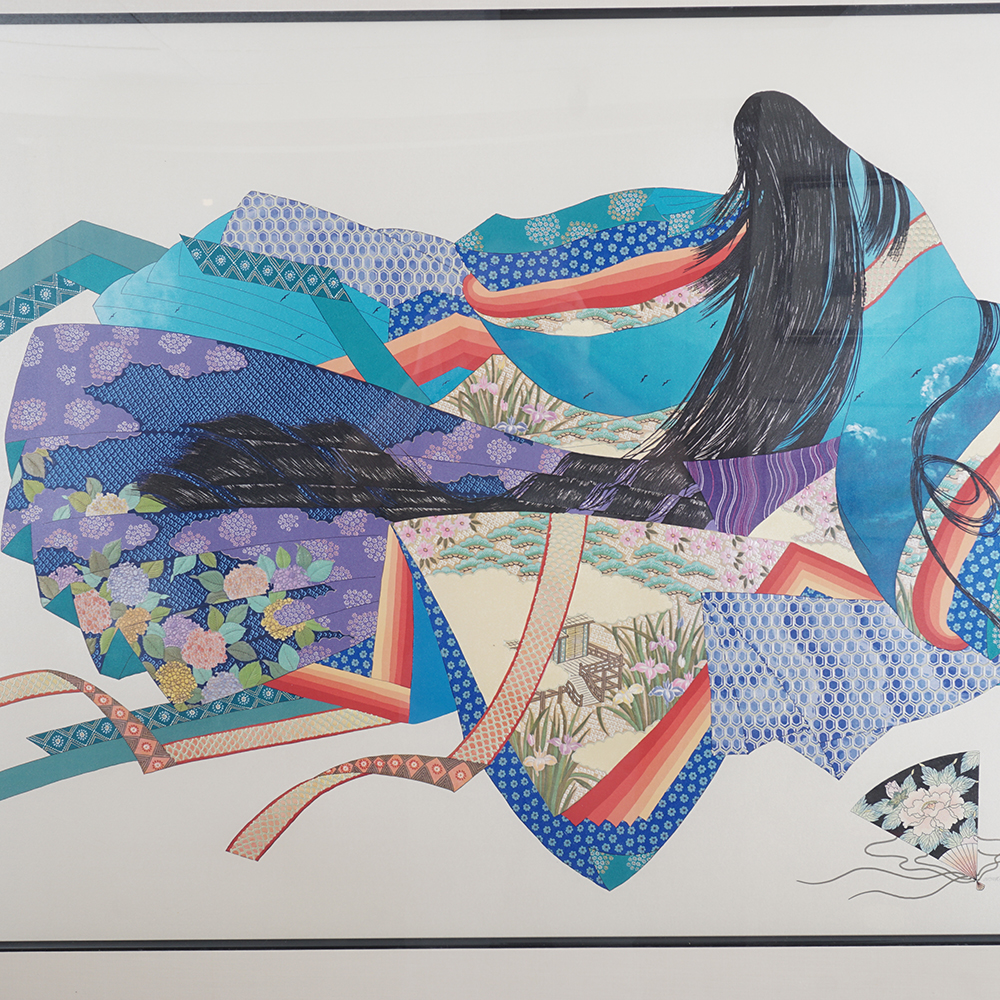

I am of the opinion that when you intentionally cause hurt to another, or indeed if you do ill through mere thoughtless behavior, you fully deserve to be censured in public.
#LADY MURASAKI FREE#
As long as you are free from such faults, people will surely refrain from listening to tittle-tattle and will want to show you sympathy, if only for the sake of politeness. Those who end up contradicting themselves and those who disparage their companions are also carefully watched and listened to all the more. But women who are too vain and act pretentiously, to the extent that they make others feel uncomfortable, will themselves become the object of attention and once that happens, people will find fault with whatever they say or do whether it be how they enter a room, how they sit down, how they stand up or how they take their leave.

No matter how amorous or passionate you may be, as long as you are straightforward and refrain from causing others embarrassment, no one will mind. “ To be pleasant, gentle, calm and self-possessed: this is the basis of good taste and charm in a woman.

"Shikibu" refers to her father's position in the Bureau of Ceremony (shikibu-shō). Her diary states that she was nicknamed "Murasaki" ("purple wisteria blossom") at court, after a character in The Tale of Genji. "Murasaki Shikibu" was not her real name her actual name is unknown, though some scholars have postulated that her given name might have been Takako (for Fujiwara Takako). Murasaki Shikibu, or Lady Murasaki as she is sometimes known in English (Japanese: ), was a Japanese novelist, poet, and a maid of honor of the imperial court during the Heian period.She is best known as the author of The Tale of Genji, written in Japanese between about 10, one of the earliest and most famous novels in human history. The Tale of Genji by Lady Murasaki: A Novel in Six Parts (Hardcover): Complete and Unabridged. She is best known as the author of The Tale of Genji, written in Japanese between about 10, one of the earliest and most famous novels in human history. Murasaki Shikibu, or Lady Murasaki as she is sometimes known in English (Japanese: 紫式部), was a Japanese novelist, poet, and a maid of honor of the imperial court during the Heian period. Murasaki Shikibu was a renowned Japanese author, poet, and lady-in-waiting at the Imperial court during the Heian era in Japan. "Murasaki Shikibu" was not her real name her actual name is unknown, though some scholars have postulated that her given name might have been Takako (for Fujiwara Takako). This edition also includes an explanation of Japanese names and dates, appendices and updated further reading.Murasaki Shikibu, or Lady Murasaki as she is sometimes known in English (Japanese: 紫式部), was a Japanese novelist, poet, and a maid of honor of the imperial court during the Heian period. In his illuminating introduction, Richard Bowing discusses what is known of Murasaki's life, and the religion, ceremonies, costumes, architecture and politics of her time, to explain the cultural background to her vivid evocation of court life. The Diary is also a work of great subtlety and intense personal reflection, as Murasaki makes penetrating insights into human psychology her pragmatic observations always balanced by an exquisite and pensive melancholy.
#LADY MURASAKI SERIES#
Told in a series of vignettes, it offers revealing glimpses of the Japanese imperial palace the auspicious birth of a prince, rivalries between the Emperor's consorts, with sharp criticism of Murasaki's fellow ladies-in-waiting and drunken courtiers, and telling remarks about the timid Empress and her powerful father, Michinaga. Murasaki Shikibu and Mary Daly were two feminist philosophers from different times and different places. 1020), author of The Tale of Genji, is an intimate picture of her life as tutor and companion to the young Empress Shoshi. An illustration of Murasaki at Ishiyama-dera by Yoshitoshi (1889) CC0. I sem to be always conjuring up visions of the past' 'When I go out to sit on the veranda and gaze, READERS of the Diaries of Court Ladies of Old Japan, translated by Madame Omori and Professor Doi, will remember that the second of the three diaries is that of a certain Murasaki Shikibu.The little that is known of this lady’s life has been set forth by Miss Amy Lowell in her Introduction to that book.


 0 kommentar(er)
0 kommentar(er)
